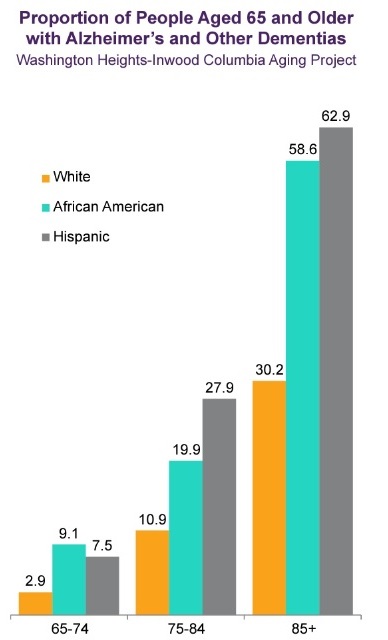Inclusion and Diversity
Historically, in the United States and other parts of the world, medical professionals and researchers have not prioritized treating people of color with honesty and dignity. Truly terrible things have been done to non-white populations in the name of research, and it has caused an immense distrust of medicine and science in these communities. We cannot change or fix what has already been done, but we can be better, and work to rebuild that trust. Laws have been written, and committees and institutions have been formed to ensure that such atrocities would never be repeated, but healing takes time.
Another unfortunate effect of these events is the lack of representation of people of color in research. Until 1994, the National Institutes of Health did not require researchers to include women or minorities in their studies to determine whether variables being studied affected them differently. We have come a long way in recent decades, but there is still a paucity of research that has truly included minorities in a way that promotes race-conscious healthcare.

We are aware that there is a unbalanced burden of disease on non-white populations in the US. African American and Hispanic individuals are 1.5-2 times more likely to develop Alzheimer's Disease than White individuals. Despite this, they are far less likely to actually receive a diagnosis, and when they are diagnosed, the disease has often progressed to a later stage, with greater cognitive and physical impairment, and higher associated healthcare costs.
We need more information about how the disease progresses in order to understand why some people develop cognitive impairment with aging, while others do not; and furthermore, whether the progression is different for people of color, for males compared to females, and for those with other underlying conditions.
To achieve this, we rely on our community to engage in research and volunteer their time to participate in our studies. We acknowledge the personal sacrifice involved, and we are immensely grateful to our participants for their efforts. Unlike some research studies, we are not able to provide a benefit to participation, but we are developing new ways to give back to our community.
In the coming months, we will be organizing events in the greater Boston area to provide information and resources related to Alzheimer's Disease and healthy aging. Keep an eye on our website for updates on events.
For more information, or to volunteer for our research, contact our current Program Manager:
Alex Adornato
agingbrainstudy@brandeis.edu
781-736-3243
Or take our survey to determine whether you are eligible for our research!